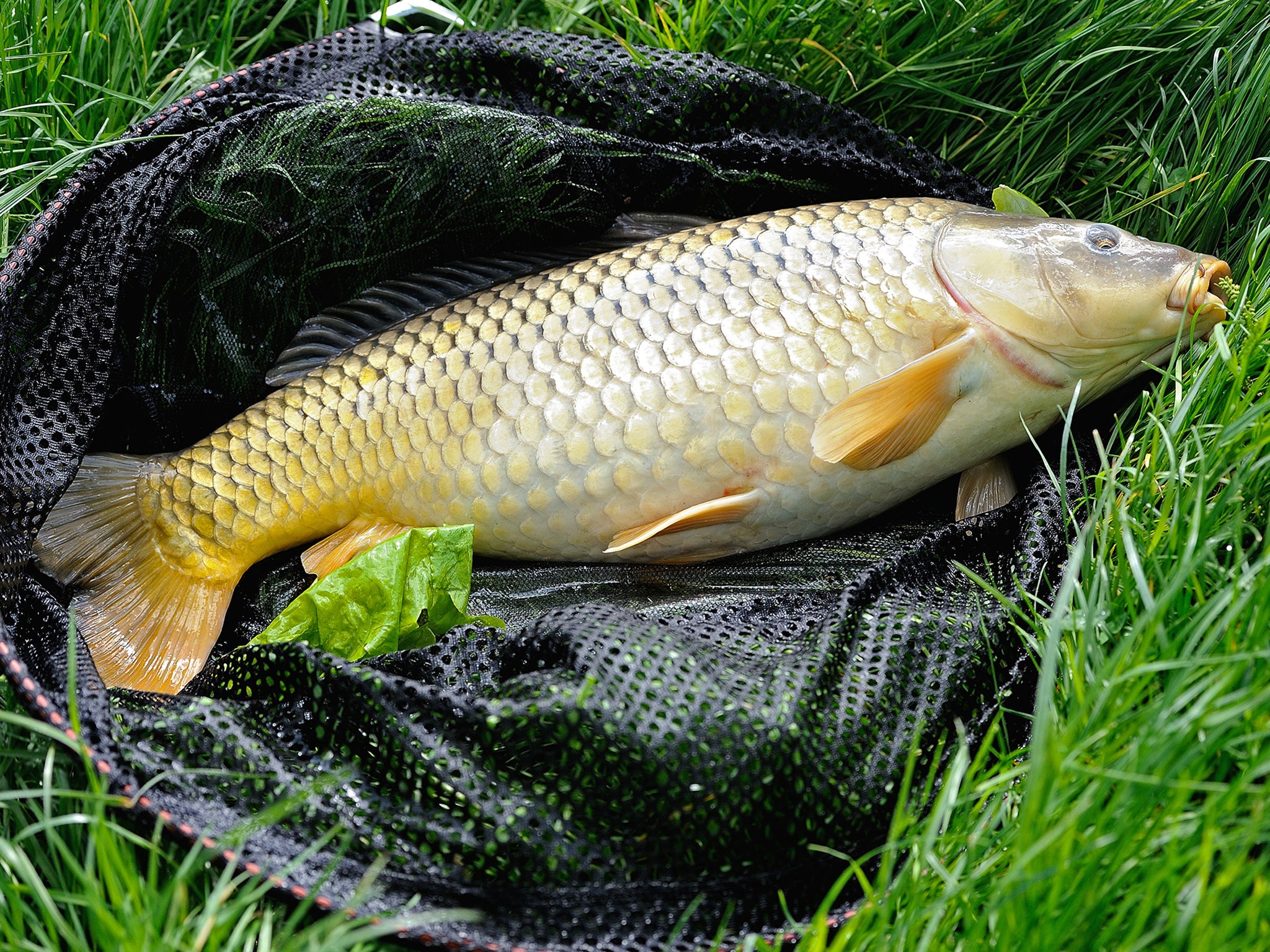Britain's rivers becoming hotbed of crime as organised gangs steal fish on a huge scale
'Organised crime has been having it away for years undetected and under the radar'

Britain’s rivers are becoming a hotbed of crime as organised gangs are stealing fish on a huge scale and eastern European migrants catch pike to feed their families, a leading “fish policeman” has said.
The Angling Trust’s chief investigator Dilip Sarkar said the crime was hurting businesses, fuelling racial tension and increasing the pressure on Britain’s dwindling stocks.
“Organised crime has been having it away for years undetected and under the radar, happily getting on with it,” said Mr Sarkar, a retired policeman and lifelong angler.
But in recent years the homegrown crime syndicates, which focus on smuggling giant carp from France into the UK and selling them for a fortune, have been joined by fishing lawbreakers from eastern European countries such as Poland and Lithuania.
In some cases this is down to innocent cultural differences, he said, but in others it is intentional crime .
“In many cases the fish-theft is by eastern Europeans who perhaps don’t understand our laws and do what is natural to them, which is to take fish home to eat. And there is evidence of organised eastern European gangs who are seriously netting rivers for course fish to sell to their migrant communities,” he added.
“There’s mass hysteria throughout the angling community about what eastern Europeans are getting up to but it isn’t the case that they are all poachers and fish-thieves, which unfortunately is a prevalent perception among a lot of British anglers. As soon as they meet a person on the bank who has a Polish accent, their attitude to them totally changes. Yet the likelihood is that they are fishing perfectly legitimately.”
He said the inadequacy of penalties for fish-smuggling, compared with the amount of money that can be made, has helped make the crime rife.
“We discovered a shipment at Dover of huge carp being brought in from France. It was a drugs gang from Essex that had paid 25 grand for these fish in France and paid a lorry driver to smuggle them into England. They would have been converted into 250 grand in this country.”
Carp grow much bigger in France, where it is common for them to reach more than 45kg (100lbs), whereas in the UK it is rare for the fish to exceed 18kg (40lbs). As a result, UK fishermen will pay a fortune to catch one.

“If you’ve got a lake that‘s got a fish that weighs 50lbs people will pay you £1,000 a year to come and fish for it, even though all they’re going to do is catch it and put it back,” said Mr Sarkar. “If you invest 20 grand in a fish on the black market it’s not going to take you long to get your money back.”
It is not always illegal to catch riverfish and keep them. However, there are strict limits on the size and number of fish that can be caught and when. Anglers also require a “rod licence” – effectively a fishing tax – and must have permission to fish in the water, often for a fee.
But restrictions are routinely flouted. Kevin Pearson, who spent 31 years with the West Midlands police, and five other former officers have now started working with Mr Sarkar at the Angling Trust to track down the criminals. The team will pass on their findings to the Environment Agency and the police.
“The theft of carp is organised,” he said. “Their vans have tanks in the back and they either net the fish or have anglers fishing, maybe legitimately, on their behalf. A runner will go to the angler with a suitcase to put the live fish in, then load it into the van.”
Bookmark popover
Removed from bookmarks